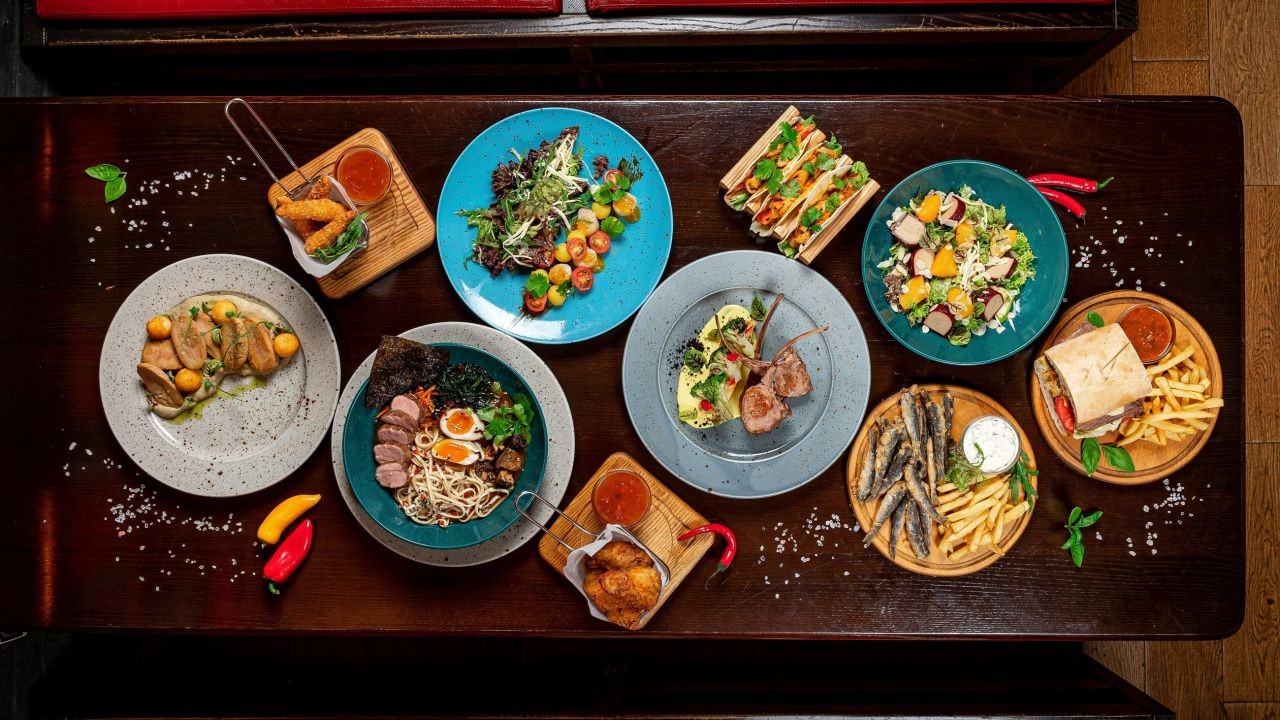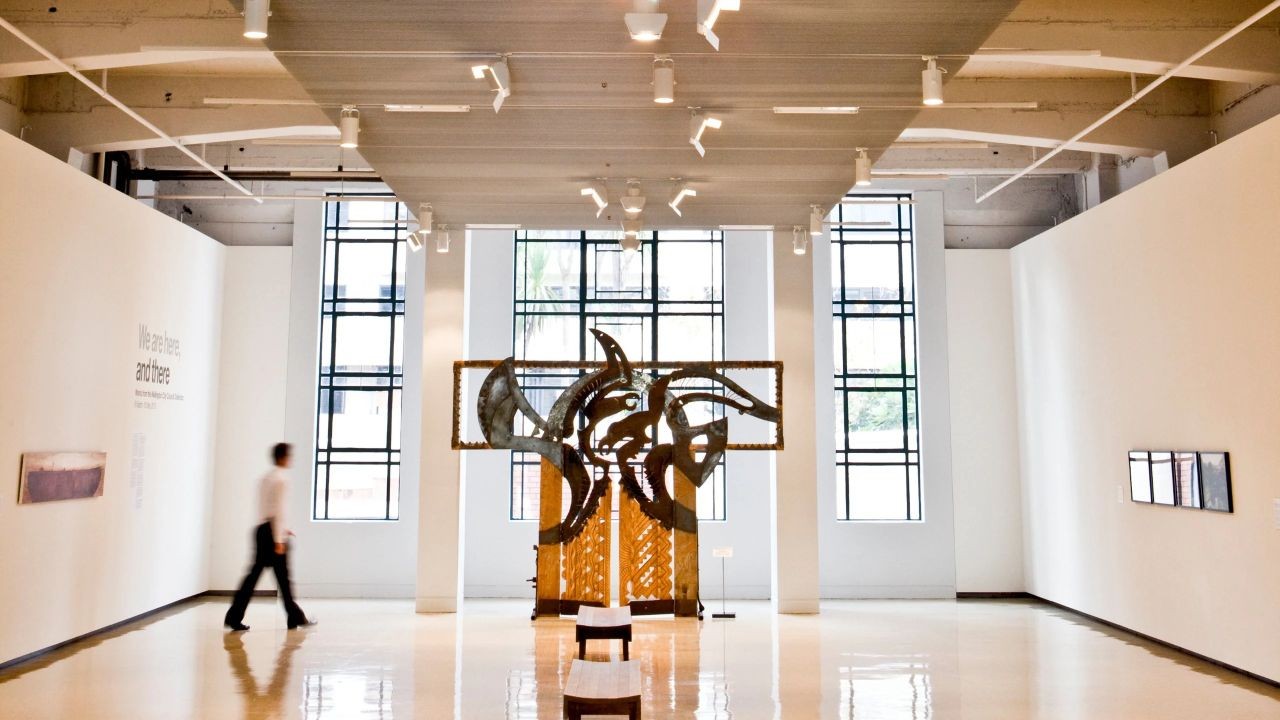New Zealand's culinary scene is a vibrant tapestry woven from both its rich cultural heritage and the diverse influences of global cuisine. The juxtaposition of traditional New Zealand dishes and international fusion cuisine presents a fascinating topic for exploration. In a country where food is not just sustenance but also a reflection of cultural identity and innovation, understanding this dynamic is crucial. This exploration delves into whether preserving traditional culinary heritage or embracing international fusion cuisine better serves the Kiwi palate and economy.
The Essence of Traditional New Zealand Dishes
Traditional New Zealand cuisine is deeply rooted in Maori culture and the nation's agrarian past. Staples like lamb, seafood, and the indigenous hangi—a method of cooking food using heated rocks buried in a pit oven—are celebrated for their simplicity and connection to the land. These dishes carry the essence of New Zealand's natural resources and reflect a sustainable approach to food consumption.
According to Stats NZ, the food and beverage industry contributes significantly to the nation's economy, emphasizing the importance of maintaining traditional food practices. Traditional dishes not only preserve cultural heritage but also appeal to tourists seeking an authentic New Zealand experience, thus boosting the tourism sector.
Pros of Traditional New Zealand Dishes
- Cultural Preservation: Traditional dishes are a testament to New Zealand's rich cultural history, fostering a sense of identity and community.
- Tourism Appeal: Authentic Kiwi cuisine attracts tourists, enhancing the nation's cultural tourism industry.
- Local Economy Support: Promotes local agriculture and resources, supporting New Zealand farmers and producers.
Cons of Traditional New Zealand Dishes
- Limited Variety: Traditional dishes may not cater to the diverse tastes of modern, multicultural New Zealand.
- Innovation Constraints: A strong focus on tradition could limit culinary innovation and experimentation.
International Fusion Cuisine: A World of Flavors
On the other hand, international fusion cuisine represents the melting pot of global culinary influences, reflecting New Zealand's modern multicultural society. The fusion of flavors from Asia, Europe, and the Pacific Islands creates a dynamic food scene that appeals to a wide range of tastes.
Fusion cuisine has been embraced by New Zealand's vibrant restaurant industry, which, according to the Ministry of Business, Innovation, and Employment (MBIE), is a rapidly growing sector contributing significantly to the economy. The blend of flavors not only caters to the evolving tastes of local consumers but also attracts a global audience, enhancing New Zealand's culinary reputation on the world stage.
Pros of International Fusion Cuisine
- Culinary Innovation: Encourages creativity and experimentation, leading to unique and exciting dishes.
- Global Appeal: Attracts a diverse audience, enhancing New Zealand's culinary reputation internationally.
- Economic Growth: Drives growth in the restaurant industry, contributing to job creation and economic development.
Cons of International Fusion Cuisine
- Loss of Cultural Identity: Risk of overshadowing traditional dishes, leading to a dilution of cultural heritage.
- Sourcing Challenges: Reliance on imported ingredients can affect sustainability and local economy support.
Case Study: Aotearoa's Culinary Fusion Success
Case Study: The Grove – Bridging Tradition and Innovation
Problem: The Grove, an acclaimed restaurant in Auckland, faced the challenge of balancing traditional New Zealand flavors with international influences to cater to a diverse clientele.
Action: The restaurant embarked on a journey to integrate Maori culinary traditions with contemporary techniques and global flavors. They leveraged local ingredients, such as Manuka honey and native herbs, while incorporating Asian and European cooking styles.
Result: Within a year, The Grove witnessed a 30% increase in patronage, with diners praising the innovative yet culturally respectful menu. The restaurant received accolades for its unique approach, enhancing its reputation both locally and internationally.
Takeaway: This case study underscores the potential for New Zealand eateries to successfully blend tradition with innovation, offering valuable lessons for the broader culinary industry.
Debunking Myths: Traditional vs. Fusion Cuisine
Myth: "Traditional dishes are outdated and irrelevant in modern New Zealand."
Reality: Traditional dishes are integral to New Zealand's cultural identity and tourism industry, offering unique experiences that cannot be replicated by fusion cuisine alone.
Myth: "Fusion cuisine is just a fad with no lasting impact."
Reality: Fusion cuisine is a reflection of New Zealand's multicultural society, providing a platform for culinary innovation and economic growth.
Conclusion: The Future of New Zealand's Culinary Landscape
The debate between traditional New Zealand dishes and international fusion cuisine need not be a binary choice. Instead, the future of New Zealand's culinary landscape lies in a harmonious blend of both. By preserving traditional practices while embracing global influences, New Zealand can cultivate a food scene that is both culturally rich and economically vibrant.
For Kiwi businesses, the key is to strike a balance that respects tradition while fostering innovation. By doing so, New Zealand can continue to enhance its culinary reputation, offering a distinctive and appealing food culture that resonates both at home and abroad.
What’s Next? As a corporate lawyer, consider how this culinary balance impacts your clients in the food and beverage sector. Encourage them to explore innovative practices while preserving cultural heritage, ensuring a sustainable and successful business model in New Zealand's dynamic culinary scene.
People Also Ask
- How does New Zealand's culinary scene impact its economy? New Zealand's culinary scene significantly contributes to the economy, with the food and beverage industry being a major economic driver, as reported by Stats NZ.
- What is the biggest misconception about fusion cuisine? A common myth is that fusion cuisine lacks authenticity. However, it represents New Zealand's multicultural society and culinary innovation.
- How can businesses balance traditional and fusion cuisines? Businesses can balance the two by incorporating traditional ingredients into innovative dishes, catering to diverse tastes while preserving cultural heritage.
Related Search Queries
- Traditional New Zealand dishes
- International fusion cuisine in New Zealand
- New Zealand culinary trends
- Impact of fusion cuisine on tourism
- Cultural significance of Maori cuisine
- Economic impact of New Zealand food industry
- Innovative New Zealand restaurants































